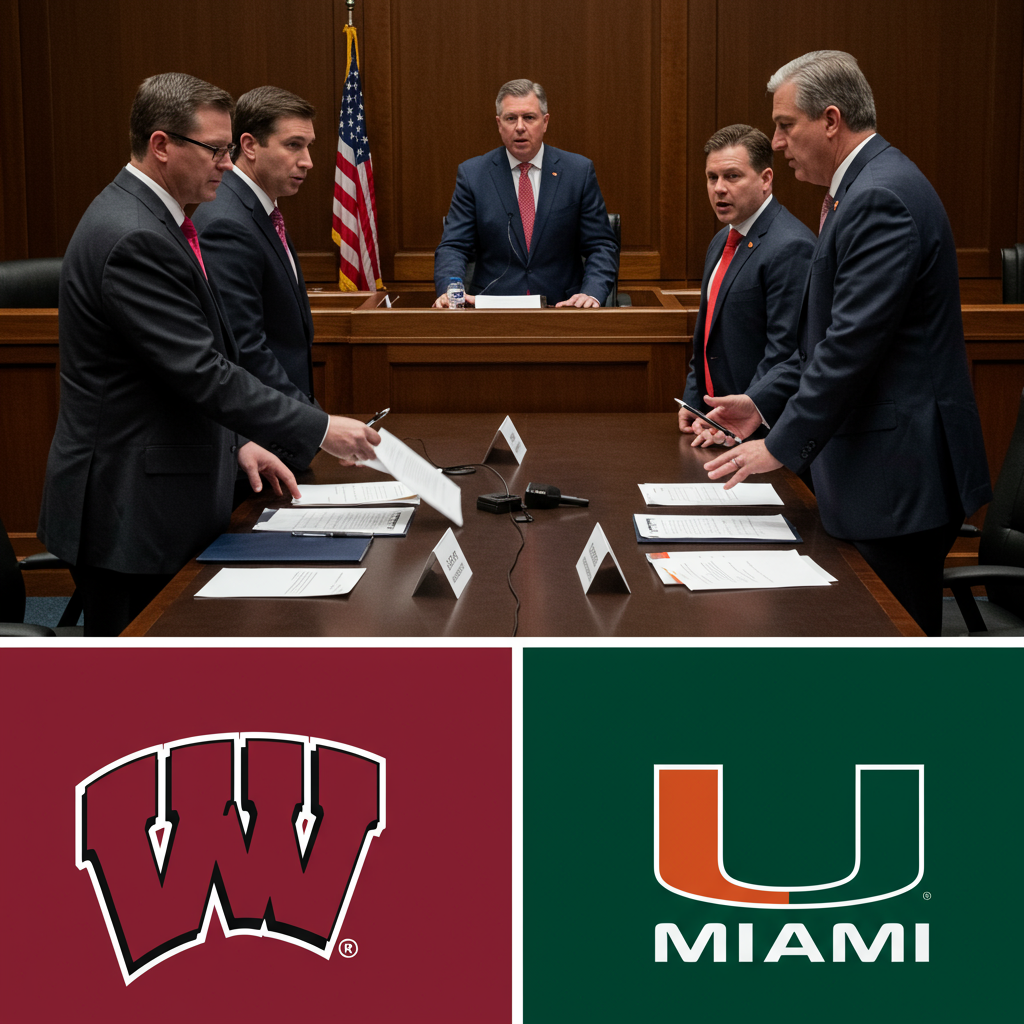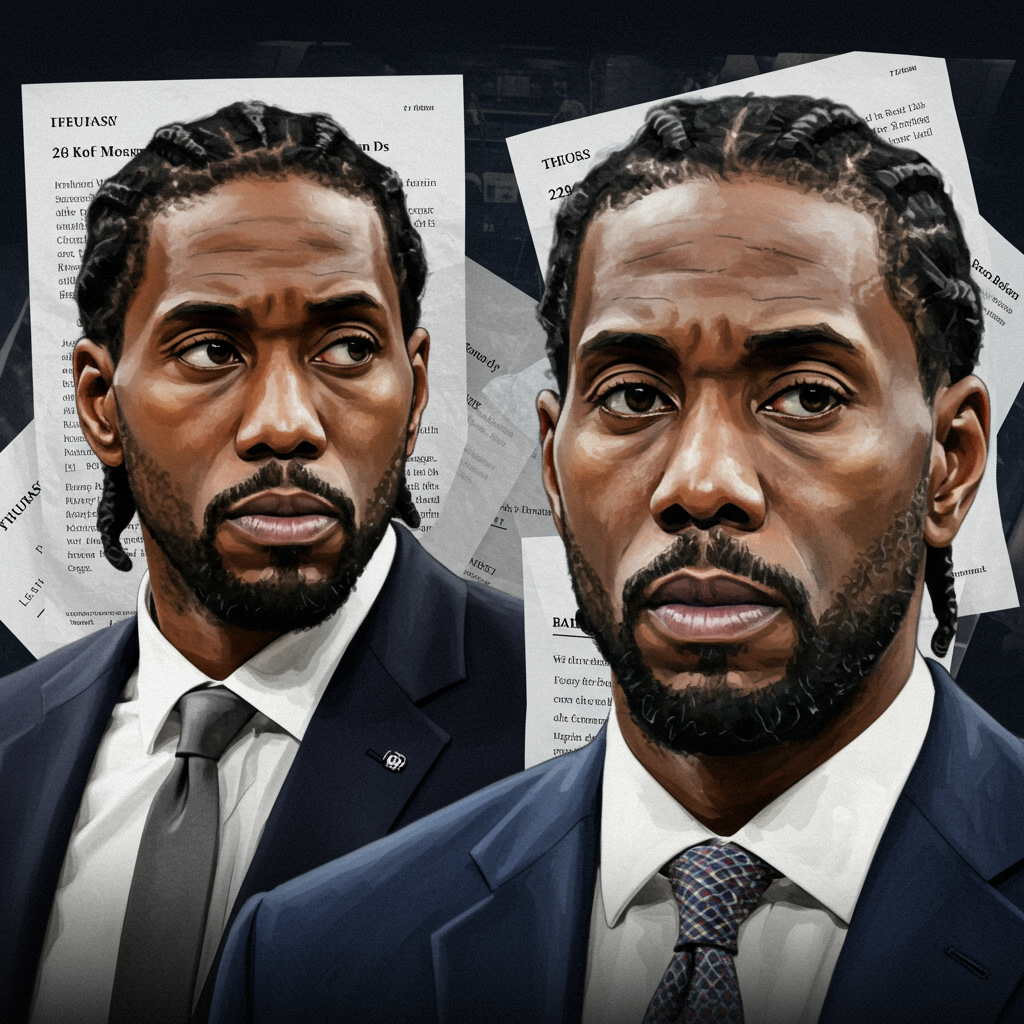The baseball world reeled from the surprising news that the Boston Red Sox had traded star third baseman Rafael Devers to the San Francisco Giants. A franchise cornerstone who spent his entire nine-year career in Boston, winning a World Series and becoming a beloved figure, Devers’ departure just two seasons into a massive 11-year, $331 million extension sent shockwaves through the league.
Amidst the flurry of analysis and reaction, Red Sox manager Alex Cora offered a quiet glimpse into Devers’ immediate demeanor upon learning his time in Boston was over.
Devers’ Immediate Reaction: A Quiet Departure
According to Cora, when Rafael Devers received the news of the trade, his reaction was simple and subdued. The star slugger reportedly shook hands and departed without a large display or fanfare. This quiet gesture was interpreted by many as Devers acknowledging and accepting the inherent business realities of professional baseball, despite the emotional weight of leaving the only organization he had ever known.
The trade saw the Red Sox acquire a package of players aimed at reshaping their roster and gaining financial flexibility, including reliever Jordan Hicks, pitching prospect Kyle Harrison, outfield prospect James Tibbs III, and minor league pitcher Jose Bello. Crucially, the Giants agreed to take on the majority of Devers’ substantial remaining contract. For San Francisco, acquiring Devers signifies a clear intent to compete for a National League title immediately, adding a powerful bat to their lineup and positional flexibility.
Underlying Tensions Led to the Blockbuster Deal
While the trade was sudden, reports indicate tensions between Devers and the Red Sox front office had been brewing behind the scenes for months. Sources suggest the issues began in the offseason when Devers felt “blindsided” by the team’s signing of Alex Bregman, which led to discussions about Devers moving from third base to designated hitter. While Devers initially resisted, he eventually agreed to the position change, though it reportedly left an “underlying animosity.”
The situation escalated significantly after first baseman Triston Casas suffered a season-ending injury. The Red Sox explored moving Devers to first base to fill the void, but Devers reportedly “flat out refused” this second position switch. He went as far as to publicly call out Chief Baseball Officer Craig Breslow regarding the potential move.
This public disagreement proved to be a critical turning point, signaling “the beginning of the end.” Though Red Sox owner John Henry reportedly met with Devers in person to attempt to resolve the issues, the organization ultimately concluded it “would be better off without the three-time All-Star.” Framed by the team as a “business decision,” the trade was swiftly executed.
Clubhouse Reaction and Front Office Rationale
The trade sent a stark reminder throughout the Red Sox clubhouse about the unpredictable nature of the sport. Players like Trevor Story called the move shocking, highlighting the instability regardless of contracts or past contributions. Pitchers, including Garrett Crochet and Walker Buehler, acknowledged the trade was a “tough blow” but accepted that it was “time to move forward” and that the front office didn’t owe the players an explanation for the decision.
Chief Baseball Officer Craig Breslow offered a “brutally honest” perspective on the team’s reasoning, stating there was a “real chance that at the end of the season, we’re looking back and we’ve won more games than we otherwise would’ve.” This suggests the move was driven by a strategic calculation to improve the team’s overall performance or future prospects, even at the cost of trading a star player.
Cora himself later posted a simple thank you message to Devers on social media, featuring a photo from the 2018 World Series run, hinting at mutual respect despite the strained conclusion to Devers’ tenure.
Rafael Devers’ quiet handshake and departure encapsulate the often-unseen business side of baseball. For the Red Sox, his trade continues a pattern of moving homegrown stars like Mookie Betts and Xander Bogaerts, a difficult decision for the fanbase but one the front office hopes will ultimately reset the roster and lead to future success.



